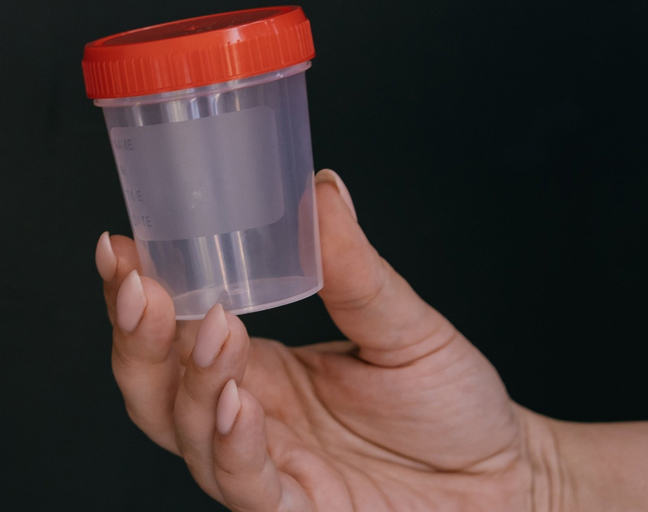Men often have questions about their semen, and there’s a lot of confusion around it. For example, some people mistakenly think semen and sperm are the same thing. But they’re not. Semen is the fluid that’s released during ejaculation, while sperm is just a small part of it. In fact, sperm only makes up about 5-10% of the total volume of semen. To get pregnant, it’s important that the semen contains enough sperm to fertilize an egg. So, how much semen is normal? Keep reading to find out.
What Is Semen and What’s In It?
Semen is the whitish liquid you ejaculate during orgasm. A common misconception is that semen is produced in the testicles, but that’s not entirely true. The prostate gland, which is about the size of a walnut and located just below your bladder, actually produces the majority of semen. Two small glands called seminal vesicles also contribute to its creation.
Semen is packed with nutrients that keep sperm alive and healthy even after ejaculation. It also shields sperm from the acidic environment of the vagina. Interestingly, semen contains enzymes that help it break down and liquefy about 15 minutes after ejaculation, making it easier for the sperm to move.
How Much Semen Is Normal?
A big question many men have is, “How much semen is normal?” According to the World Health Organization (WHO), the average volume of semen in one ejaculation is about a teaspoon, or roughly 3.7 ml. But don’t worry if your semen falls slightly below this number—anything between 1.5 ml and 3.7 ml is still considered normal.
What Does It Mean If I Have Low Semen Volume?
If your semen volume is lower than 1.5 ml, it could mean your sperm count is low, which might make it harder to get your partner pregnant. But don’t panic just yet. There are many factors to consider, and a few lifestyle changes might help improve things. If you’re concerned about your semen volume, it’s worth talking to a healthcare provider to rule out any underlying issues.
When Is It Normal?
As you get older, a decrease in semen volume is completely normal. You might notice a slight dip in your ejaculate over time, especially as you reach your 40s and beyond. Some men might experience this change earlier, but for most, it’s a gradual process. However, if you suddenly notice a drastic drop in your semen volume, it might be worth investigating.
When Is It Abnormal?
Several factors can lead to low semen volume. For example, if your testosterone levels are low due to hypogonadism (a condition where testosterone is depleted), it can cause both a reduction in semen volume and weaker erections. Similarly, diabetes can affect nerve and blood vessel function, sometimes resulting in lower semen volume or even causing retrograde ejaculation, where semen moves into the bladder instead of exiting the body.
Neurological issues like spinal cord injuries or multiple sclerosis can also affect semen volume. Enlarged prostate glands or medications, such as alpha-blockers used for high blood pressure, may contribute as well. While lower semen volume isn’t always cause for concern, it’s a good idea to talk to a doctor if it’s bothering you.
How to Tell If Your Semen Is Healthy
So, how can you tell if your semen is in good shape? Here are a few things to check:
- Volume: Healthy semen should be around 2-6 ml per ejaculation. Anything lower might not have enough sperm.
- Thickness: Semen should be thick initially but liquefy within 10-15 minutes. If it stays thick for too long, it might affect sperm movement.
- Sperm Count: A normal sperm count is more than 20 million sperm per milliliter of semen.
- Motility: The sperm should be able to swim in a straight line, and at least 50% should still be moving an hour after ejaculation.
- Appearance: Your sperm’s shape and size also matter. If you’re concerned, a semen analysis can help identify any potential issues.
If you’re unsure about your semen health, don’t hesitate to consult a doctor who can offer advice and possibly run a semen analysis if necessary.



